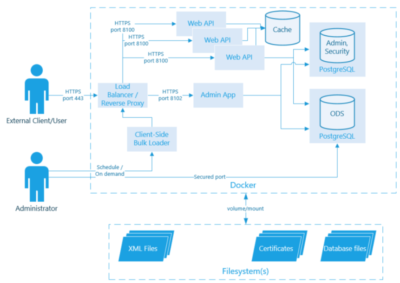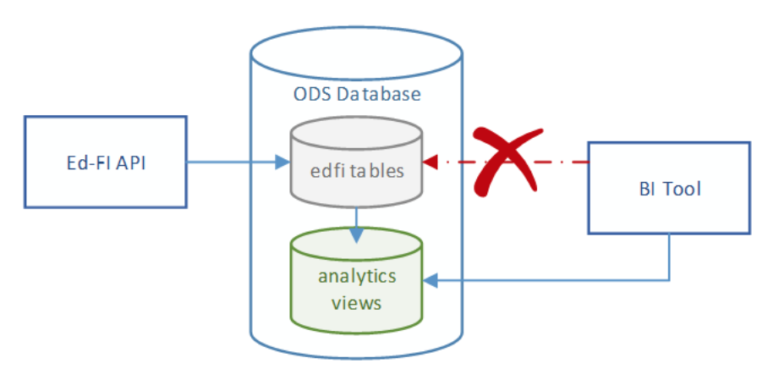In Pursuit of Data and Algorithmic Equity
Advances in the availability and breadth of data over the past few decades have enabled the rapid and unregulated deployment of statistical algorithms that aim to predict and thereby influence the course of human behavior. Most are designed to promote the corporate bottom line, not the welfare of the people. Those that aim to promote the common good run the danger of straying into authoritarian suppression of freedoms. Regardless of intention, these algorithms often reinforce existing social inequities or present a double-edged sword, with potential for positive use weighed against potential for misuse.


